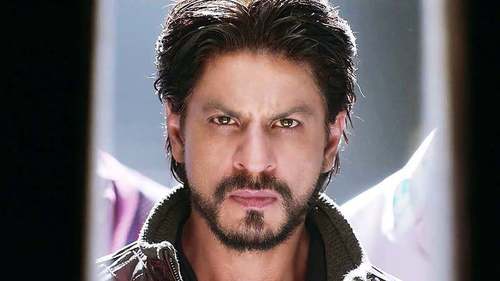Aamir Khan — A ‘traitor’ for fearing extremism in India?

Aamir Khan and his wife, Kiran Rao are not the only ones to have despaired and wondered, if they should leave the country because they feel vulnerable and worried for their child’s future, because of the religious nationalism and the bigotry that attends it.
But, they are perhaps the only ones with a public profile to say this out loud.
Over the last two decades, cycles of communal violence and freely expressed religious chauvinism in India have made many people wonder the same thing. Since the early 1990s, I have seen friends and acquaintances deal with this dilemma: should they stay in India which is home or should they up sticks, and try and make good in a foreign country so their children do not have to live surrounded by suspicion and hate?
The decision not to leave home has meant that over the last 20 years, families have had to protect their children from a society that is increasingly divided and strident with its prejudices, without letting them lose their sense of belonging in their own country because they feel vulnerable as members of a religious minority.
Also read: You need to spread hope, not fear: Anupam Kher to Aamir Khan
From explaining why prospective landlords refuse to rent once they find out the family is Muslim, battling school teachers (even at some of Delhi’s poshest schools) who assume that a child supports terrorism and the Pakistan cricket team because she is a Muslim, attacks on meat shops and meat eaters, to politicians who assert that India is a Hindu nation, there is a minefield of prejudice that parents have to teach their children to negotiate.
Skipping out
Unlike the Indians, who contemplate leaving because they are made to feel vulnerable by prejudice fed on an ideology of religious nationalism; folks from Gujarat and Punjab have been fleeing the country for decades, by means fair or foul.
India, they say, is not worth living in and does not offer them opportunities to fulfill their potential.
People are so desperate to leave these two very prosperous states that families voluntarily suffer long-term separations or bankruptcy in the hope that eventually an entire extended family will be able to immigrate to the US, Canada, the UK or just about anywhere in Europe.
Also read: Aamir Khan should go to Pakistan, says Shiv Sena leader
On a flight out of the country earlier this year, the soft-spoken gent in the seat next to mine with a perfectly tied turban turned out to be a recently retired Indian army soldier en route to Canada where he hoped to make a new life.
He was travelling on a three-month tourist visa leaving behind a wife and school going children, and agricultural land in Punjab. His plan was to overstay his visa firm in the belief that in a couple of years Canada would magnanimously convert him from illegal immigrant to valued citizen and reunite him with his family.
The risk that this might not happen was one he felt was worth taking to secure his children’s future outside India. Many who hope to make this journey in Punjab have stickers on their cars of aircraft in flight with an arrow pointing to Toronto or Vancouver.
In London, I frequently met Gujaratis, some of them distant kinsman from Gujarat’s prosperous Kheda region, who had arrived leaving not unhappy situations. These were people of means – with homes or irrigated agricultural land or assets in other forms. They usually had some education and had been employed.
The ones who had not got visas, had borrowed cast sums to pay human traffickers to transport them via four or five different countries on boats, trucks and aircraft. They said that a few years of working on low wages under the radar would give them and their children a better life.
Wembley Jamboree
These former Indians, who have fled the country in search of greater prosperity, are lionised. No one questions their love for the country.
They are “overseas citizens of India”. Many of them will have been in Wembley stadium on November 13 to cheer Prime Minister Narendra Modi.
Aamir Khan and his wife also want a better life for their child. The difference is that, for them, a better life means not feeling vulnerable as a religious or cultural minority.
Also read: From saffron to red — Welcome to Modi’s India
People, politicians and fellow actors unhappy with what Aamir Khan has said have asked him to stay and fight to prove that he is a true patriot, accused him of being part of a conspiracy against the nation or to go to Saudi Arabia
What Aamir Khan’s critics, are saying is that it’s okay for the prime minister to celebrate and be celebrated by a stadium full of British citizens, who believe India is too filthy, corrupt and poor to live in, but that it’s not okay for an Indian to say that he and his family feel vulnerable as a religious or cultural minority.
That it’s okay to want more money or other forms of fulfillment with citizenship of another country, but it’s not okay for an Indian to wonder, in desperation, if he should leave because he wants a life for his child that’s free of fear and religious hate.
Their message is simple: it is laudable to want to prosper materially, but it is un-Indian and anti-national to want your child not to live with religious bigotry and cultural violence.
This article originally appeared on Scroll.in and has been reproduced with permission.













































